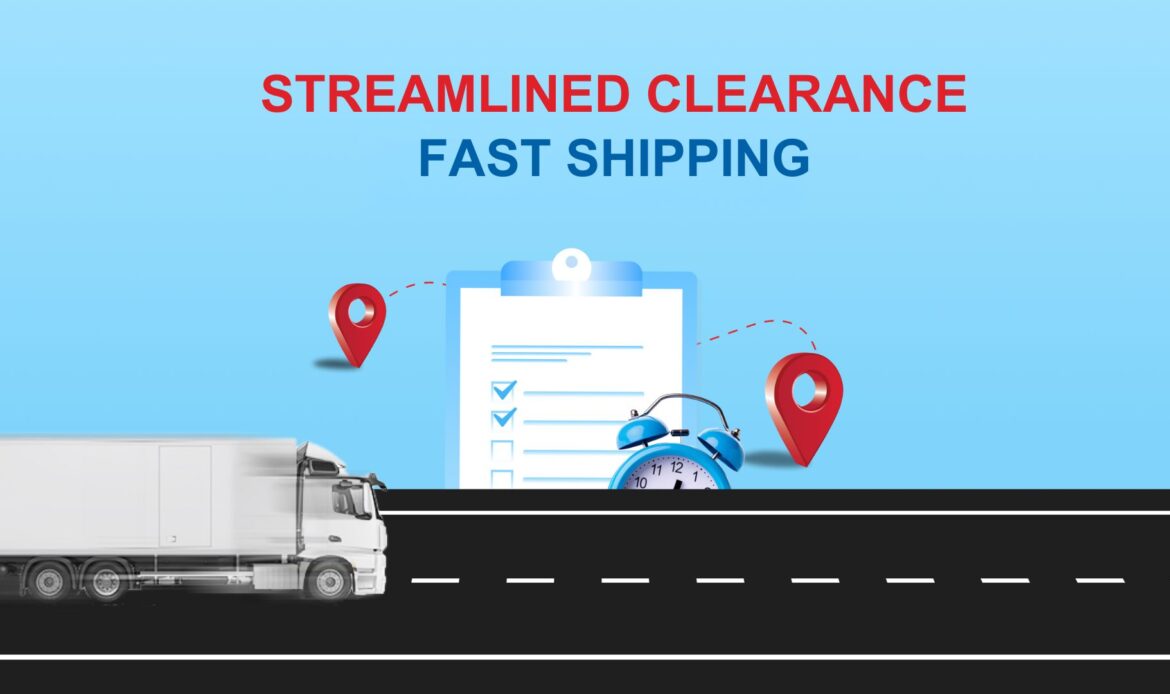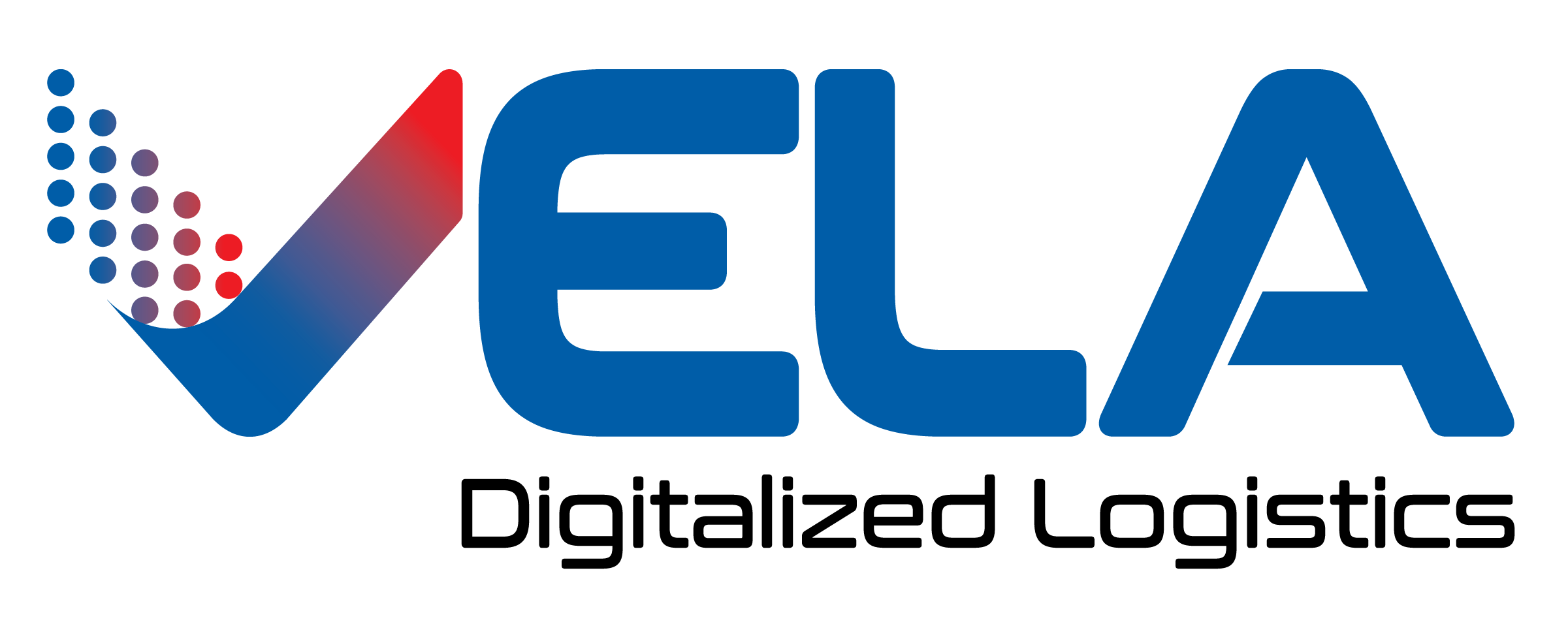Required customs clearance when importing goods into Vietnam

The customs clearance for importing goods into Vietnam are complex, requiring logistics providers to have a high level of expertise to ensure smooth customs clearance. To help businesses be more confident and proactive in managing imported goods, VELA provides detailed information on the import customs clearance.
Essential steps for importing goods into Vietnam
The process of importing goods into Vietnam consists of a series of crucial steps that businesses must strictly follow to optimize costs, save time, and minimize risks in the import process.
- Determine HS code (Harmonized system): this helps understand the applicable tax rates and import policies for each type of goods.
- Register customs clearance: fill in all information about the shipment, including goods type, quantity, and value.
- Submit import documentation: this includes the sales contract, commercial invoice, packing list, and certificate of origin (if available).
- Pay customs taxes and fees: depending on the type of goods, businesses need to pay import taxes, VAT, and other fees.
- Customs clearance: after completing the above steps, businesses can receive their goods and store them for sale or production.
Required import documents
For a smooth import process that meets legal requirements, businesses need a complete set of import documents to enable customs authorities to verify the legality of the goods and support businesses in ensuring their rights and obligations in international trade.
- International sales contract: this legal document between the seller and buyer confirms the transaction terms, including goods type, quantity, price, shipping conditions, and payment method. This contract is essential for customs procedures, proving the legality and transparency of the transaction.
- Commercial invoice: this document shows the goods’ value, enabling customs to determine import taxes and fees. The invoice should be clear and accurate to avoid errors and unexpected costs.
- Packing list: provides details on how goods are arranged in the shipment, including quantity, weight, size, and packing method for each product type. This document helps customs and logistics providers verify and safely handle goods.
- Certificate of origin: this document proves the origin of the goods and allows for preferential tax policies if the goods fall under tariff concessions per trade agreements. If Vietnam has a Free Trade Agreement with the export country, the certificate of origin allows businesses to enjoy preferential tax rates.
- Import license: for certain special goods, such as food, pharmaceuticals, hazardous chemicals, or items under special regulatory control, an import license must be obtained before customs clearance.
Customs clearance time
Generally, if documents are in order, customs clearance at the port usually takes about 2-3 working days. However, this timeframe depends on factors such as goods type, legal regulations, and business preparedness. For sensitive or specialized inspection goods, this time may be extended.
Handling delayed goods due to customs clearance
If goods are delayed, businesses should check for possible causes, such as missing documents, incorrect HS codes, or incomplete procedures. It’s recommended to contact a customs agent or logistics support provider for timely resolution.

Taxes and fees for importing goods into Vietnam
When importing goods, businesses must be prepared for important taxes and fees to fully comply with state and customs regulations.
- Import tax: determined by the HS code to classify goods and apply the appropriate tax rate, supporting domestic production or meeting trade agreements.
- Value-added tax (VAT): typically 10%, calculated on the total value of goods plus import tax. VAT rates may vary by goods type and may be refundable if the business exports the product.
- Customs fees: these include costs for goods inspection and supervision at the port and may involve fees for specialized inspections for certain goods.
- Warehouse and storage fees: these apply when goods must be stored at customs warehouses during clearance. To minimize storage fees, businesses should prepare documents and complete procedures swiftly.
Risk mitigation solutions for importing goods
VELA is proud to be a comprehensive logistics partner, providing customs support services for businesses. With a team of experienced professionals, VELA handles the entire process from customs clearance, document handling, to goods clearance, optimizing time and reducing risks for businesses.
- Preparation of complete documentation and necessary information before importing.
- Careful verification of HS codes and legal requirements for each type of goods.
- Ensuring goods meet specialized inspection standards if subject to special management.
- Professional customs declaration support with quick processing to reduce clearance time.
- Free consultation on taxes, HS codes, and import regulations.
- Flexible warehousing and transportation solutions to ensure safe storage and transport of goods.
- Risk reduction through a team of experts with in-depth knowledge of customs procedures.
If your business is seeking a comprehensive import and logistics solution to ensure speed and efficiency, let VELA support your operations. We not only assist in completing customs procedures but also offer optimal warehousing and transport services, allowing your business to focus on growth and development.
